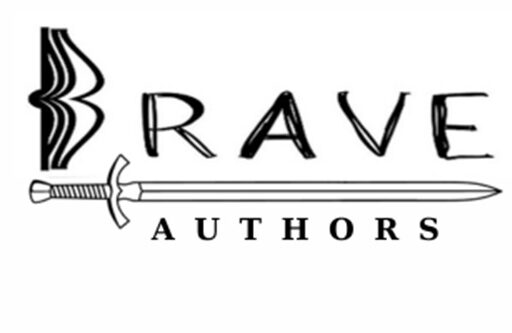by Aubrey Taylor

One of the passions of the Brave Authors group is to take on difficult topics through fiction. Our
Brave Blog touches on a variety of issues as well. If you caught my interview last week, you know that I
have found my personal niche in German-perspective WWII fiction. However, challenging the typical
tropes of the WWII genre is not the only “brave” aspect of my writing.
Back in April, author D.T. Powell shared a post entitled People Want to be Loved, in which she
examined the church’s current approach to same-sex attraction and the LGBTQ community. She also
talked about her work in progress, With Mercy’s Eyes. I was so thankful to find another Christian author
who responded to the call to address the topic of homosexuality through fiction.
My novella The Christmas We Both Needed is written from the perspective of a young man
named Christian who is same-sex attracted. Though the book is clean and “closed-door,” he is clearly
living a homosexual (and promiscuous) lifestyle.
This topic is still taboo in Christian circles, but I firmly believe that this story is something God
put into my heart. I had to be faithful to write and publish it, believing that like an arrow, it would hit its
mark.
Over time, a bigger question began to emerge for me: Why can’t we talk about this?
Recently, I have been enjoying the study Jesus & Women in the First Century and Now by Kristi
McLelland (Lifeway Press, 2022). It has been an incredible journey in getting to know Jesus in His First
Century world.
In one of the sessions, Kristi teaches on the story of the woman caught in adultery. Most Bible
translations attach a footnote to this passage: “Not found in the earliest manuscripts.” In the teaching
video associated with Session 6 of Jesus & Women, Kristi speculates that the early church fathers may
have been wrestling with whether or not this account should be included in the canon of scripture. Was
it scandalous to say that Jesus was willing to forgive a woman caught in adultery? Was the whole subject
so taboo that they were hesitant to talk about it at all?
This is when the lightbulb went on in my head. The church of today does not know what its
response to homosexuality should be. It is easier to err to one extreme or the other, brushing off the
question of what Jesus really wants us to do about it. We refuse to deal with it because it is
uncomfortable, yet it begs to be dealt with.
If most churches in America have pitched their tents toward one of two extremes, neither of
these extremes seems to be a reflection of Jesus’ heart. I suppose that is why I felt led to write The
Christmas We Both Needed. It is not intended to give any answers or “best practices” for how Christians
can better relate to the LGBTQ community. It is simply an exhortation to search our hearts and ask God
what we might do differently, rather than doing what we have always done.
The scenario between my characters Christian and Emmy is only one of a myriad of possibilities.
Instead of treating Christian’s homosexuality as an “elephant in the room,” Emmy leaves space for the
Holy Spirit to work. She does the same thing with his other vices.
Christmas is written from Christian’s perspective. In my third full-length novel, The Rubicon, the
reader has an opportunity to dive deeper into Emmy’s side of the story. She wrestles with guilt over her
failed marriage. The book is set during the rise of the Third Reich, and she begins to regret the way she
treated her husband Jakob when he chose to support Hitler and join the SS. It became an elephant in
the room. She closed her heart to him and refused to deal with his choices with the love of Christ.
Her husband saw through the façade that said, “I love you but I hate your sin.”
When Emmy befriends Christian, she resolves that she will not to do the same thing to him.
Even though their relationship is plutonic, he senses that her love for him is genuine, and it makes all the
difference in his life.
Since many readers enjoy Christmas stories in July, I am excited to be offering The Christmas We
Both Needed for free this month. My hope is that it will reach more readers and more hearts. You can
download the eBook here.




1 thought on “Why Can’t We Talk About This?”
I very much appreciate your willingness to handle not one, but multiple difficult subjects in your Gott Mit Uns books. The Christmas We Both Needed was a gentle introduction for Christians into how some of those claiming LGBTQ status got into that life, and it might surprise some to know it isn’t always self-prompted. There are so many factors that go into that choice (yes, it’s still a choice), but being able to see and understand at least some of where people are coming from is so helpful, and it better equips Christians to share the Light, Hope, and Love of Christ. Christianity in general does it with people caught in drugs, alcoholism, prostitution, lying, gambling, thievery, and a host of other sins. Why do we balk at also approaching homosexuality and other forms of sexual deviance by looking for the heart of the problem? Now, more than ever there are so many people caught in sins of sexual deviance, so now is the time for Christians to stand up and say, “Christ is the answer,” not shrink away as if someone who’s sinned differently than them is somehow “less” or “other.”